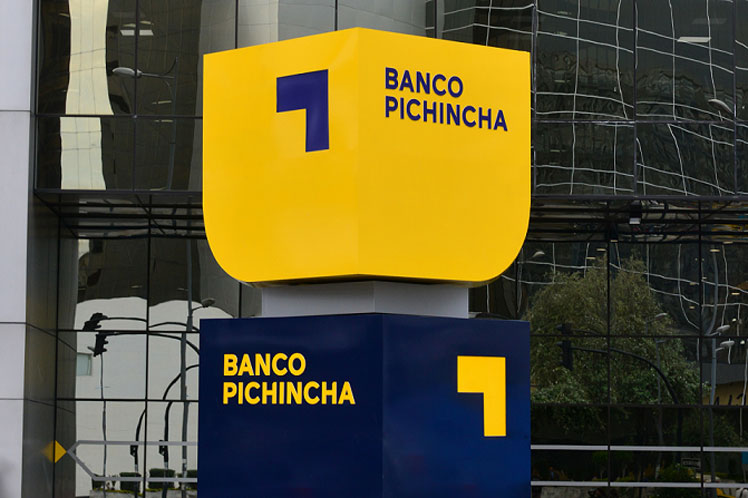The problems began past weekend due to inconveniences and intermittencies in the service of the bank’s web banking and mobile applications.
Among the irregularities raised on social networks was the unjustified collection of withholdings and debit of values for transactions, which were never carried out, according to dozens of citizens.
Some even used terms such as ‘theft,’ and estimated that they should receive compensation for the problems.
‘When you are late on an installment, the bank does not forgive you, punishes you with more interest, they take away your assets, etc. Now the bank must repair the damages and be sanctioned,’ warned one Internet user.
Others associate the paralysis of operations with the national holiday experienced in Ecuador in 1999, when the then president of the republic, Jamil Mahuad, decreed the freezing of deposits, a measure that affected hundreds of thousands of people in the country.
Meanwhile, the company issued a statement to disclose that the services were partially disabled due to a ‘cyber security incident,’ but it adopted immediate measures to isolate the systems potentially affected from the rest of the network.
Likewise, bank authorities stated that branches and ATMs were operational, which contrasts with the public criticism and complaints of numerous users and company representatives, who were unable to carry out banking operations for two consecutive business days.
Pichincha Bank insists that it was a technological incident with no damage to the entity’s financial performance and called on the population to remain calm, to avoid congestion and to keep posted through official channels.
According to the Superintendency of Banks, in spite of the economic damages generated by the Covid-19 pandemic, in 2020 the institution, with over 1.5 million clients, was the one that reported the highest profits, with 44.5 million dollars.
ef/omr/mem/scm










